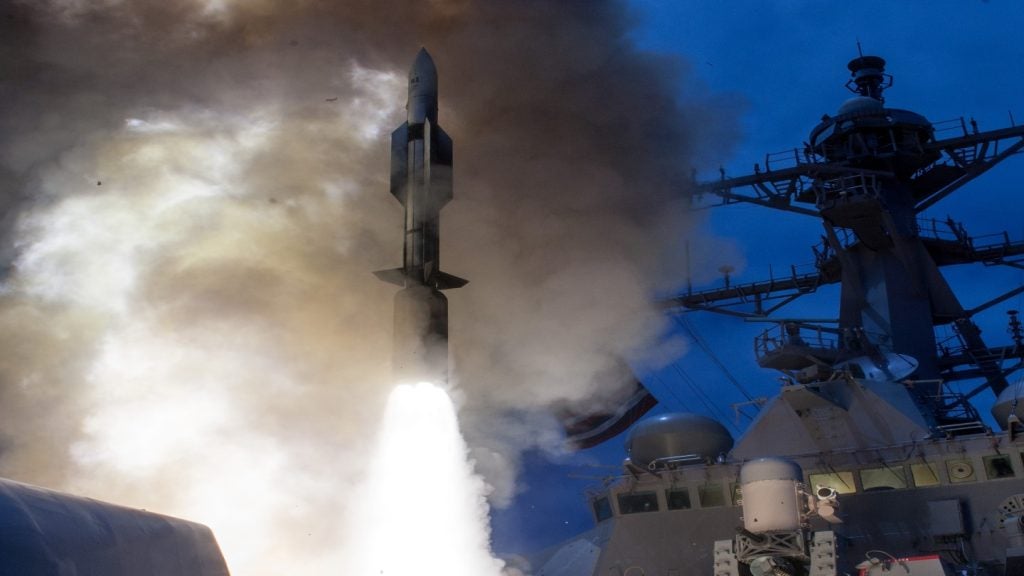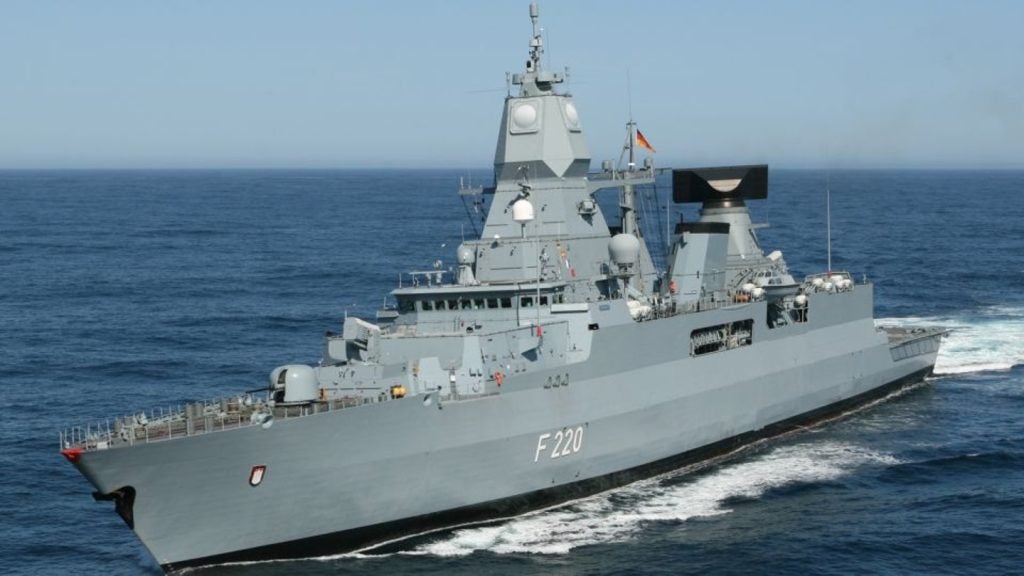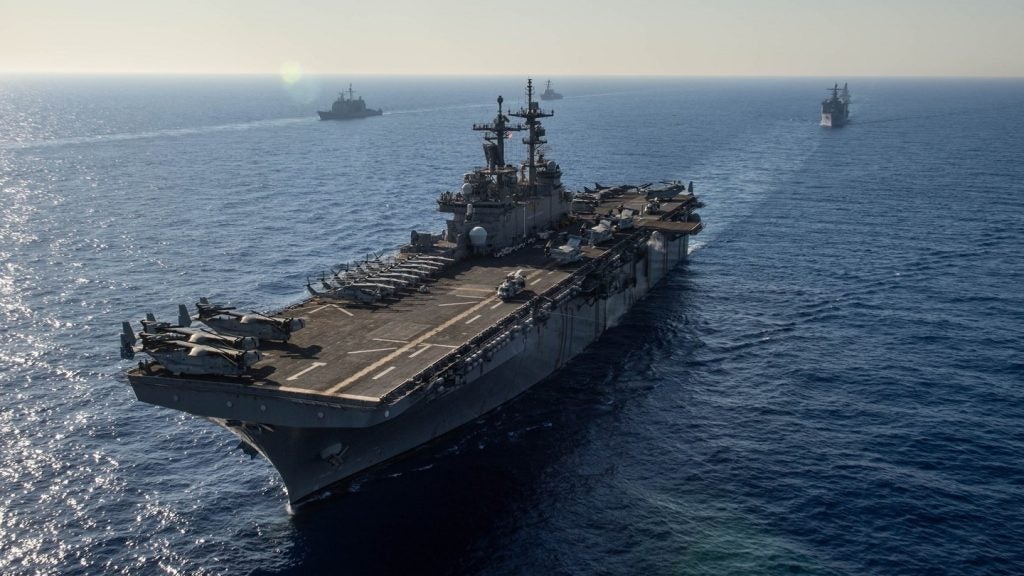The National Audit Office (NAO) has unveiled the findings of an investigation into the UK Ministry of Defence’s (MOD) progress with submarine defueling and dismantling.
The purpose of the investigation was to set out the disposal process, track the ministry’s progress across its submarine-disposal related programmes, and describe how challenges are being tackled.
In the report, the NAO outlined that the MOD has not yet disposed of any of the 20 submarines decommissioned since 1980. Nine of these submarines contain nuclear fuel.
The UK Government made a promise more than 20 years ago to dispose of its radioactive waste ‘as soon as reasonably practicable’.
It is estimated that the government has incurred around £500m in costs since 1980 on storing and maintaining the retired submarines.
The MOD originally aimed to roll out a disposal process by 2011, but the dismantling process is now not expected to be operational until at least 2026.
How well do you really know your competitors?
Access the most comprehensive Company Profiles on the market, powered by GlobalData. Save hours of research. Gain competitive edge.

Thank you!
Your download email will arrive shortly
Not ready to buy yet? Download a free sample
We are confident about the unique quality of our Company Profiles. However, we want you to make the most beneficial decision for your business, so we offer a free sample that you can download by submitting the below form
By GlobalDataThe report also highlighted that the MOD has not defueled any submarines since 2004 and does not have a fully funded plan to resume work.
Defueling-related projects are carried out at Devonport and submarine dismantling is performed at Rosyth and Devonport.
The defueling work was halted after regulators found that the facilities in Devonport were not compliant with regulatory standards.
Based on the ministry’s latest planning estimate, defueling is anticipated to restart from 2023, subject to ongoing scrutiny and departmental approval. The 11-year delay in resuming the project has caused costs to overrun by 57% (£100m) as of June 2018.
Furthermore, the 15-year delay in the dismantling project has led to a 50% increase in the whole-life cost.
The investigation also considered the absence of a fully-developed plan for the disposal of Vanguard and Astute submarines, which are currently in service with the Royal Navy, or the future Dreadnought-class submarines.
The report states that the MOD included a £7.5bn liability in its 2017-18 accounts for the maintenance and disposal of retired submarines.
Public Accounts Committee chairperson Meg Hillier said: “The disposal programmes have been beset by lengthy delays and spiralling costs, with taxpayers footing the bill.
“The ministry needs to get a grip urgently before we run out of space to store and maintain submarines and we damage our reputation as a responsible nuclear power.”







